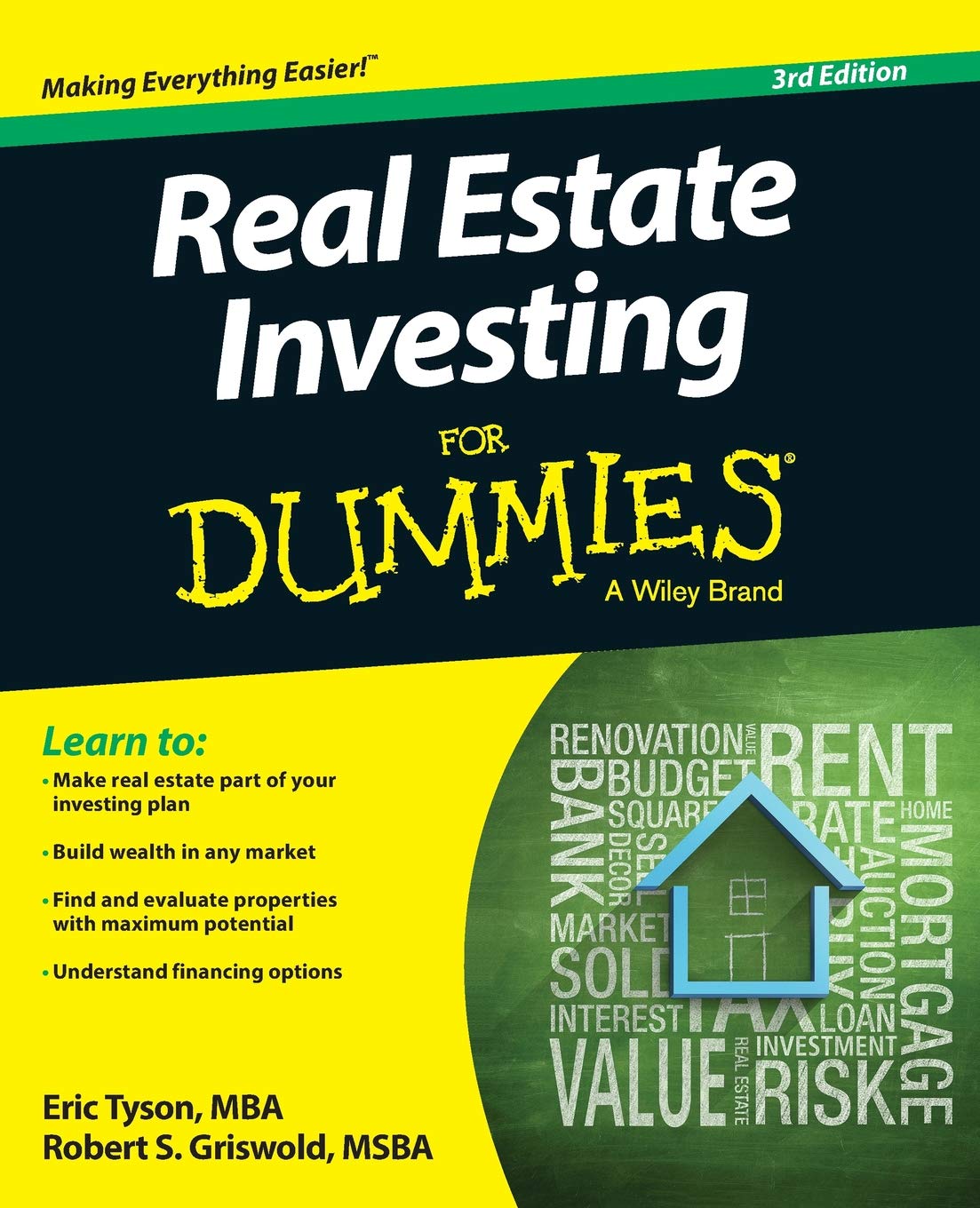
What is Real Estate Investing?
Real estate investing can be a lucrative way to diversify an investment portfolio. Real estate investors buy, lease, and eventually sell properties to earn a return on investment . This guide explores what it means to be a real estate investor, covering different types of real estate investments, investment strategies , and potential challenges.
Different Real Estate Investment Options
1. Investing in Residential Properties
- Single-Family Homes: Properties designed for one family. These are popular among first-time investors due to their affordability and easier management .
- Multi-Family Properties: Buildings with multiple units, such as duplexes, triplexes, and apartment complexes. They generate more rent but require more management .
- Vacation Rentals: Houses rented on a short-term basis, usually through services like Airbnb. These can bring in substantial earnings but may have inconsistent occupancy and management needs .
2. Commercial Real Estate
- Office Buildings: Buildings rented out for office purposes. They often have extended lease agreements , providing steady income .
- Retail Properties: Commercial spaces occupied by retail outlets. Success is dependent on tenant profitability.
- Industrial Properties: Facilities used for manufacturing and storage. These have protracted agreements and low management needs .
3. Industrial Real Estate
- Warehouses: Buildings for storing products and supplies. Demand is increased by the rise in e-commerce.
- Manufacturing Facilities: Sites for the production and assembly of goods. These require specialized knowledge for investment .
- Distribution Centers: Facilities for distributing goods. Key in the logistics network.
4. Investing in Land
- Undeveloped Land: Raw land without any development. It offers potential for development but can be uncertain.
- Developed Land: Property readied for building projects. Requires substantial funds and expert knowledge wholesaling houses with no money .
- Agricultural Land: Farmland used for growing crops or raising livestock. Offers steady returns but requires understanding of agricultural trends.
Strategies for Real Estate Investing
1. Buy and Hold
- Overview: Purchase properties to rent out and hold them for the long term to benefit from rental income and property appreciation.
- Pros: Steady cash flow, potential tax benefits, long-term appreciation.
- Cons: Demands management effort, capital commitment, and market dependency.
2. Property Flipping
- Overview: Purchase undervalued homes, refurbish them, and sell for profit.
- Pros: Quick returns, enhanced property value.
- Cons: Significant risk, needs renovation expertise, reliant on market conditions.
3. Wholesaling
- Overview: Locate undervalued homes, contract them, and transfer the contract for a fee.
- Pros: Low-cost entry, swift transactions, minimal management.
- Cons: Requires finding motivated sellers, building a buyer’s list, less profit per deal.
4. Investing in REITs
- Overview: Buy shares in companies that manage income-generating properties.
- Pros: Easy to sell, diversified holdings, passive returns, expert management.
- Cons: Volatile markets, limited investor control, management fees.
5. Real Estate Crowdfunding
- Overview: Invest collectively in real estate projects via crowdfunding sites.
- Pros: Small investment requirement, portfolio diversification, large project participation.
- Cons: Reduced control over investment, platform costs, potential risks.
How to Become a Real Estate Investor
Education and Research:
Learn the Basics: Familiarize yourself with real estate dynamics, funding options, management, and strategies.
Networking: Join investor groups, go to real estate seminars, and make connections with other investors.
Set Investment Goals:
Define Objectives: Determine your investment goals, such as income generation, capital appreciation, or portfolio diversification.
Set Investment Goals
- Define Objectives: Determine your investment goals, such as income generation, capital appreciation, or portfolio diversification.
- Risk Tolerance: Assess your risk tolerance and choose investment strategies that align with it.
Develop a Business Plan
- Market Analysis: Analyze markets, property categories, and expected returns.
- Financing Strategy: Plan your financing, including mortgages, private loans, and personal savings.
Build a Team
- Key Professionals: Assemble a team with agents, lawyers, accountants, managers, and contractors.
- Networking: Maintain and grow your network of helpful professionals.
Start Small
- Initial Investment: Begin with smaller properties or simpler projects to gain experience.
- Learn and Adapt: Learn from your initial investments and adjust your strategies accordingly.
Scale Up
- Growth: Gradually increase the size and complexity of your investments as you gain experience and confidence.
- Diversification: Broaden your investment portfolio with varied properties and areas.
Challenges and Risks in Real Estate Investing | Potential Challenges and Risks
1. Market Volatility
- Economic Factors: Economic shifts, interest rates, and policies can affect real estate markets.
- Mitigation: Monitor market trends and modify strategies accordingly.
2. Property Management
- Tenant Issues: Tenant problems, vacancies, and collecting rent can be difficult.
- Solutions: Consider hiring a management company or enhancing your management skills.
3. Financing and Cash Flow
- Funding Challenges: Securing financing and maintaining positive cash flow can be difficult.
- Strategies: Have a solid financing plan and maintain a reserve fund for unexpected expenses.
4. Legal and wholesaling real estate Regulatory Issues
- Compliance: Ensure your investments comply with local, state, and federal laws.
- Advice: Consult with legal professionals to navigate regulations and avoid pitfalls.
Final Thoughts
Real estate investing is a dynamic way to grow wealth and meet financial objectives. By exploring different investment options, creating a solid plan , and staying informed about risks , you can navigate the world of real estate investing successfully . Whether you are a new investor or seasoned pro , continuous learning and adaptability are key to achieving long-term success .